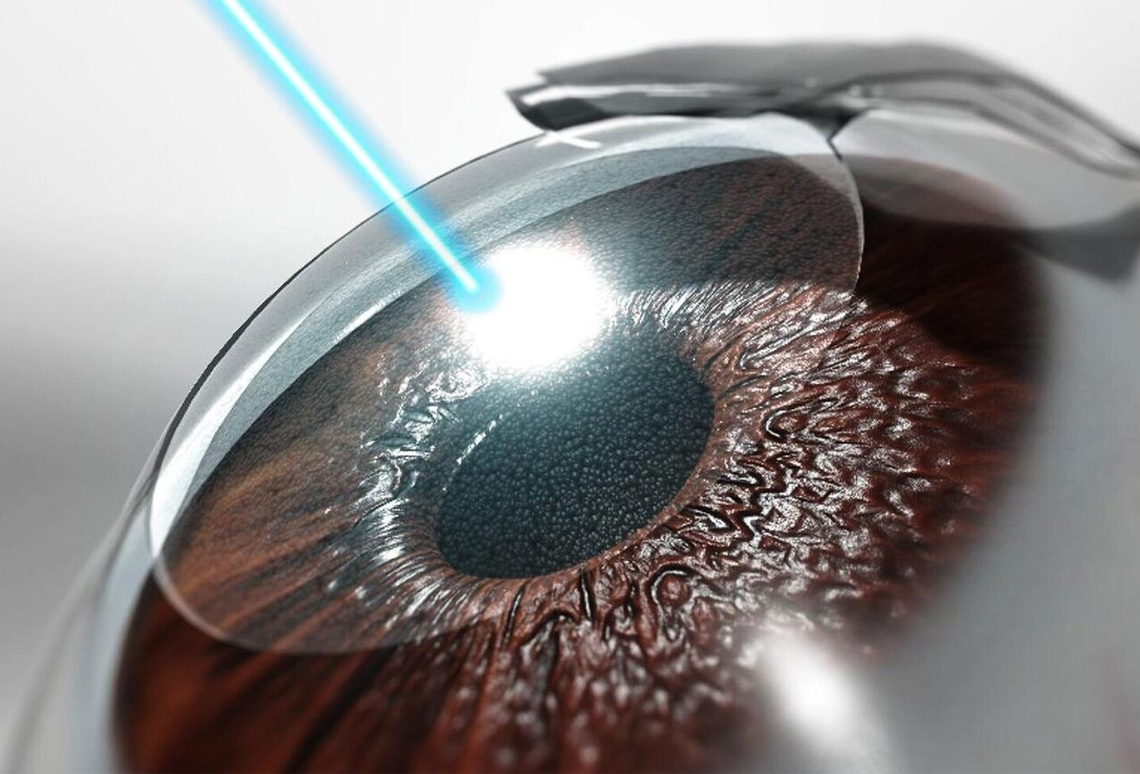Our Specialities
With a remarkable experience of 31 years, our skilled surgeons at Amita Eye Care have been dedicated to performing eye surgeries. We continuously update our surgical techniques to incorporate the latest advancements in technology. Operating within our state-of-the-art N.A.B.H. pre-accredited operation theaters, our surgeons ensure precision and adhere to recommended standardized methods, resulting in optimal outcomes for our patients.
Equipped with three fully equipped operation theaters, we prioritize patient safety by employing the latest cardiac monitors, defibrillators, and a senior anesthetic consultant. Additionally, our commitment to education and training is evident as several junior surgeons who received training at our center are now employed in esteemed institutions both in India and abroad.

Vitreo-Retinal Services
At Amita Eye Care, we are proud to have a specialized medical and surgical retina team equipped with advanced skills and cutting-edge technology. Our team is committed to accurately diagnosing and effectively treating various retinal diseases, ensuring the best possible outcomes for our patients.

Retinopathy of Prematurity (ROP)
According to Gilbert (2008), retinopathy of prematurity (ROP) stands as a prominent cause of avoidable childhood vision loss in middle-income countries. This ocular condition can impact infants who are born either 4 weeks premature or more, and who have undergone extensive neonatal care.

Contact Lens Department
Contact lenses are optical lenses that are directly placed on the cornea of the eyes. Their purpose is to provide vision correction as an alternative to wearing glasses, whether it be for cosmetic reasons or therapeutic needs. Additionally, contact lenses are known to help inhibit the progression of myopia.

Computer Vision Syndrome
Computer vision syndrome, which is also known as digital eye strain, encompasses a collection of eye and vision-related issues arising from extended usage of computers and cell phones. Recent studies indicate that a staggering 88% of computer users in a workplace experience computer eye strain.

Low Vision Aids
Low vision refers to irreversible vision loss that hampers daily activities and cannot be fully corrected. It arises from severe eye conditions where traditional solutions like glasses, contacts, medication, or surgery are insufficient. Typically prevalent among individuals aged 60 and above.











